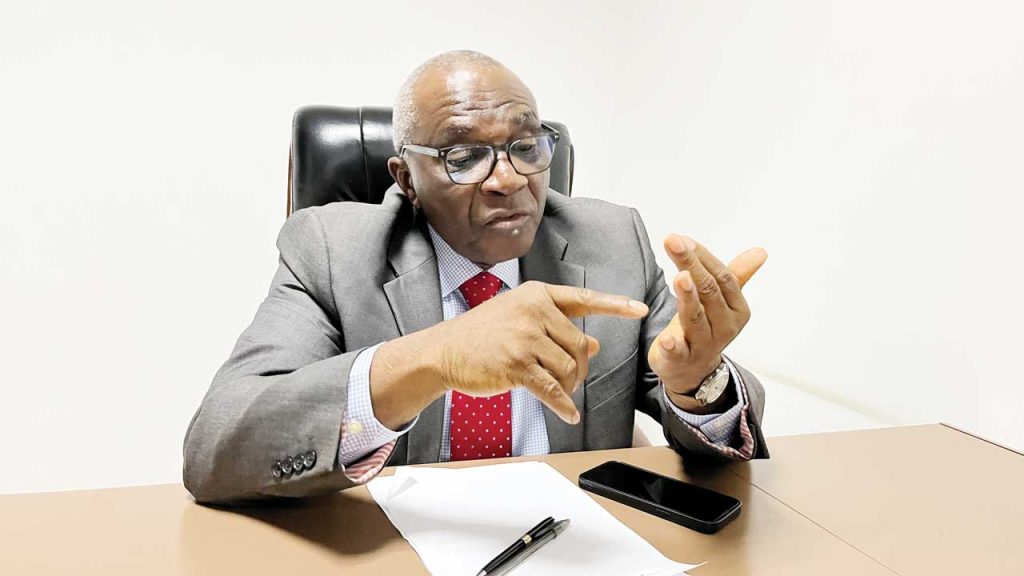Nigeria’s economy just recorded a historic milestone.
Between January and August 2025, the Federal Government mobilised a staggering N20.59 trillion in revenues, marking the country’s best fiscal performance in decades.
According to figures released by the Presidency, this represents a 40.5% increase compared to the N14.6 trillion collected during the same period in 2024. What makes this achievement even more remarkable is that non-oil revenues contributed N15.69 trillion, accounting for nearly three-quarters of the total — a clear sign that Nigeria is moving away from its long-standing dependence on oil.
What Changed?
In a statement by Bayo Onanuga, Special Adviser to the President on Information and Strategy, the improved numbers were credited to President Bola Tinubu’s reforms. These include:
-
Strengthening tax compliance
-
Digitising tax administration
-
Cutting down government borrowing
President Tinubu even revealed that the Federal Government has not borrowed from local banks since January 2025 — a first in many years.
More Funds for States and LGAs
The ripple effect of these gains is already being felt nationwide. In July 2025, allocations from the Federation Account Allocation Committee (FAAC) to states and local governments surpassed N2 trillion for the first time ever.
This increase gives subnational governments more financial muscle to execute projects and meet the needs of their citizens.
Still Not Enough
While celebrating the progress, Tinubu acknowledged that Nigeria’s revenue base is still insufficient to fully meet the government’s targets in education, healthcare, and infrastructure. However, he assured citizens that efforts are ongoing to close the gaps.
A Shift from Oil Dependence
Onanuga described the development as “a major shift away from decades of oil dependence.” He noted:
“For the first time in decades, oil is no longer the dominant driver of government revenue. The combination of reforms, compliance, and digitisation powers a more resilient economy.”
Customs Service Overdelivers
Another highlight came from the Nigeria Customs Service (NCS), which collected N3.68 trillion in the first half of 2025, beating its revenue target by N390 billion and achieving 56% of its annual goal.
Although inflation and exchange rate adjustments contributed to the rise, officials stressed that the bulk of the growth was reform-driven.
The final validated revenue figures are expected to be published by the Budget Office at the end of the year.
In summary, Nigeria’s record-breaking revenue in 2025 is proof that reforms are paying off. With non-oil sources leading the way, the nation is steadily building a stronger, more sustainable economy.

